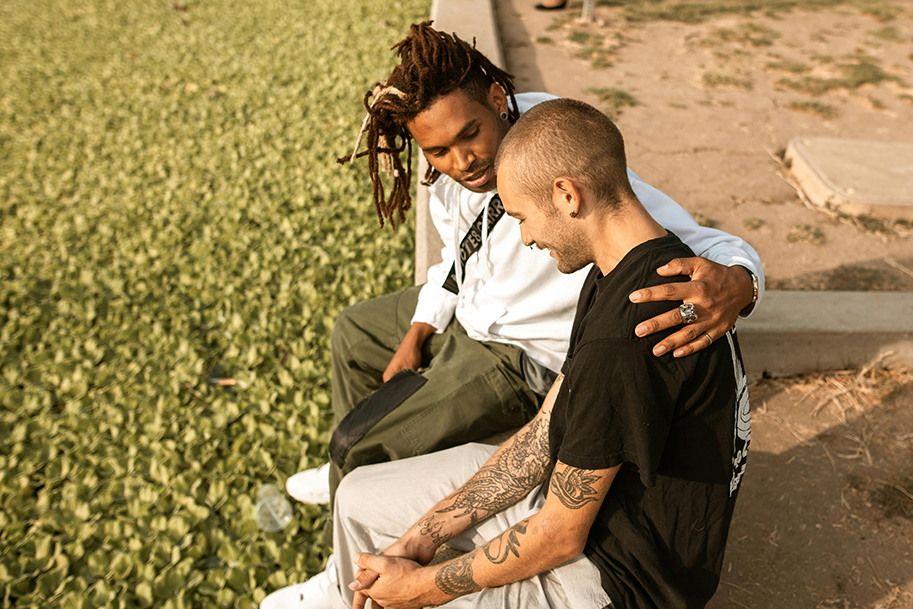
Missionary Life
What It’s Like to Raise My Young Kids Overseas
March 21, 2017
by Beth Barthelemy

I have three kids, all 4 and under. And six months ago, we moved across the globe.
To be honest, some of the thoughts I’ve had are:
Am I crazy?
Am I irresponsible?
Definitely not, I’m so equipped to not only raise my own kids but also to write a fantastic blog post about how I do it so well!
I’m sure there are many others who’ve been overseas longer, who have golden nuggets of wisdom on parenting overseas.
But all this aside, here are some reflections from a fresh-on-the-field, young mama of three on what it’s like to raise my little ones overseas.
They have losses too.
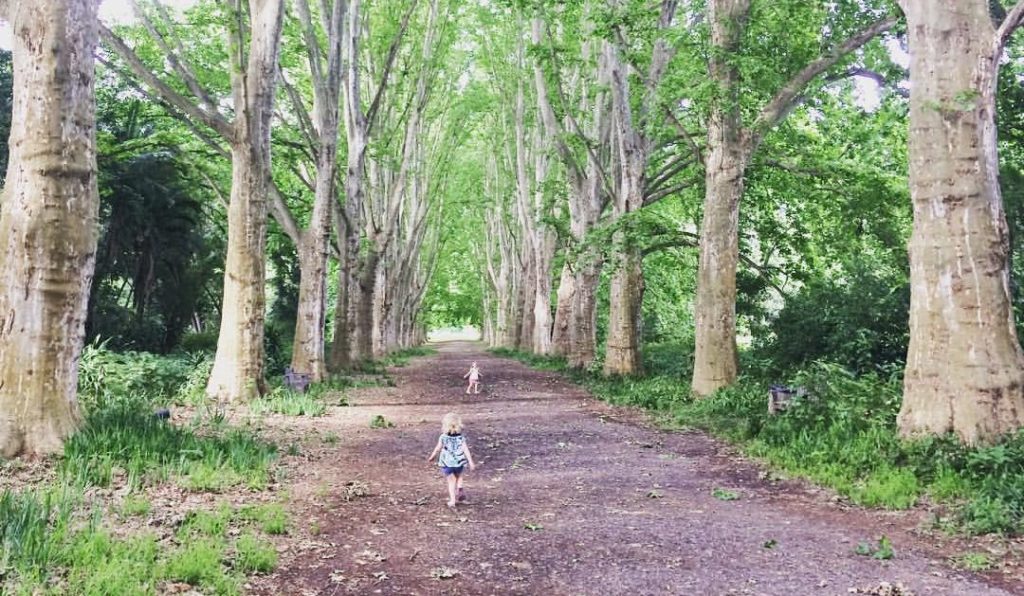
Even though they are young, I’m learning to recognize the losses and sacrifices my daughters made when we moved to South Africa.
Before we left, many people told us how wonderful it was that we were moving overseas when our kids were so little. And truly, they are right.
For months ahead of time, we talked with our kids, especially our oldest daughter, about how we would be leaving this home, giving away most of our things, packing up the rest and moving to South Africa.
She was not that affected then, when we did all of those things.
It was not emotional for her to pull away from our home after handing the keys over to our landlady. It was not sad for her to say goodbye to her grandparents because her concept of time is fluid. She was actually excited the first night we slept in South Africa and asked, “But Mom, where are the lions?”
So when our veteran TEAM co-worker asked my daughter about home, and she said, “I miss our castle park,” it was tempting to brush it off.
Wow, that’s what she misses? Of all the losses, that’s what she names?
But for my daughter, this is a great loss. That old park we visited with her since she was 4 months old, that she saw torn down and built back up, that is what she misses.
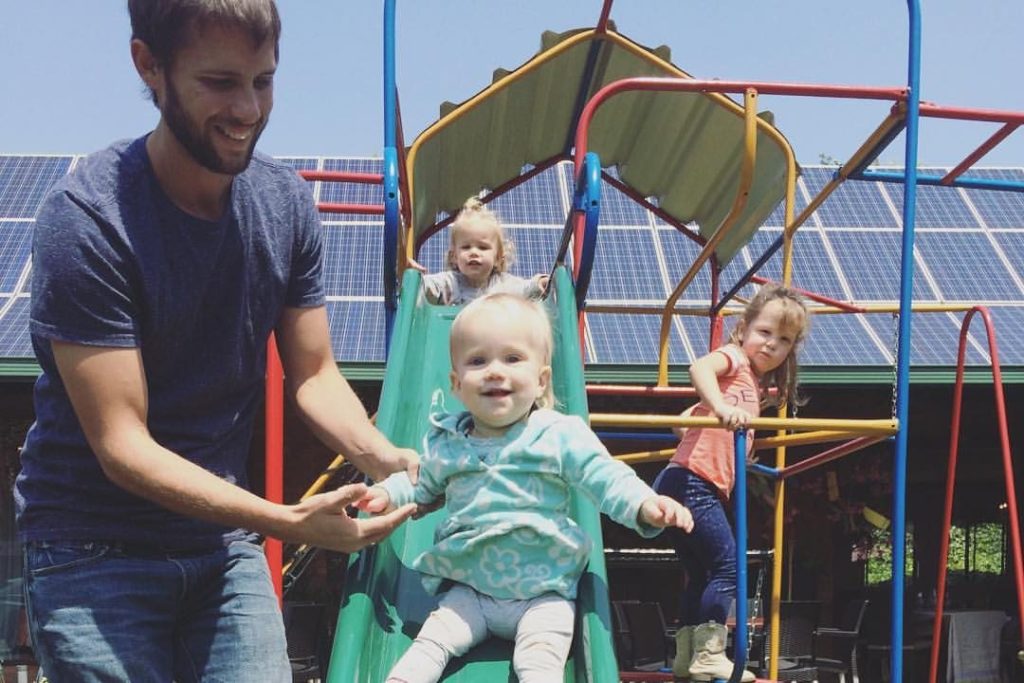
It’s not the “castle park,” but we are making new memories at a playground in South Africa.
To sit with her, let her name her losses, to feel that loss with her, is a simple and important step. The longer we are here, the more she is realizing what she misses. Her list is growing.
And in this process, I hope this first step, this first stint overseas, this first set of goodbyes, this first naming of losses, will somehow help as she inevitably faces many, many more.
We are their security.
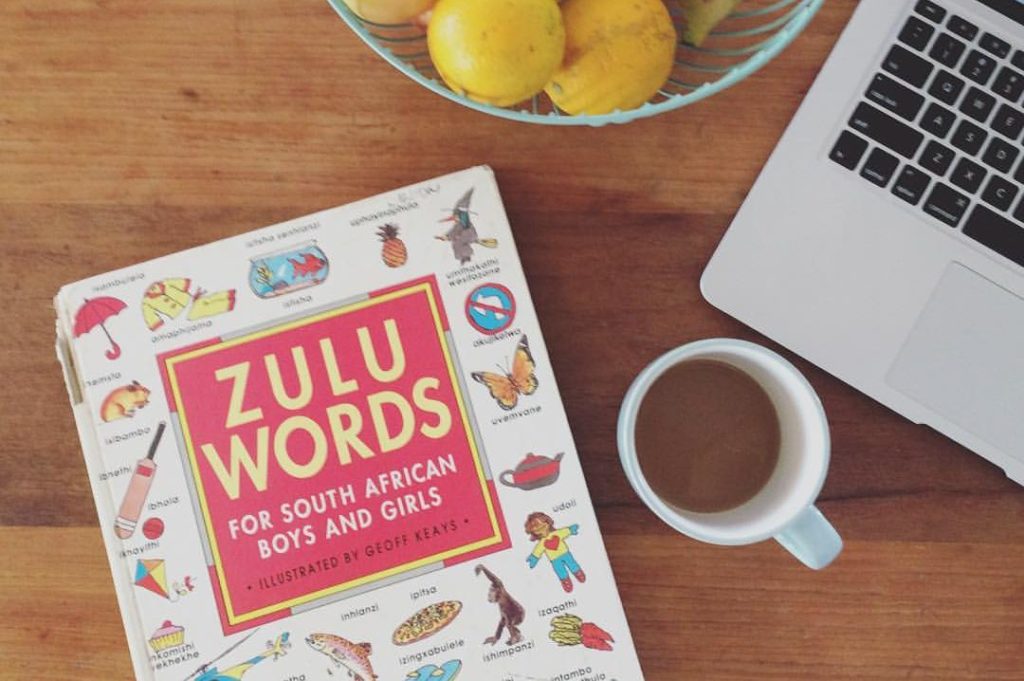
Everything from language to culture to scenery has changed for my girls. The one thing they can count on is that their parents have not.
We jumped into an intensive language class exactly 19 days after stepping off the plane and just four days after moving into our new home. So it is probably not surprising when I say leaving our kids with a local babysitter didn’t go well.
There are many reasons for this, but after several very difficult days of leaving all three kids bawling at the door, I learned that while everything around them has changed, we have not.
While all that was familiar to them is now new, we are not. While all those little, seemingly insignificant, circumstantial and tangible things that gave them a sense of settledness are gone, we are here. And we are their security.
After several weeks of trying to leave our kids with a babysitter so we could maximize our language study time, I felt the Lord nudging me to let this ideal go and stay home.
This has meant some level of sacrifice. I do not get to study language as many hours each week as we had hoped. There isn’t as much of a break each week as I would prefer.
But I am thankful that the Lord made this lesson clear to me, because our kids are doing well in their new environment, and I think much of this has to do with their sense of settledness.
Prioritize them.
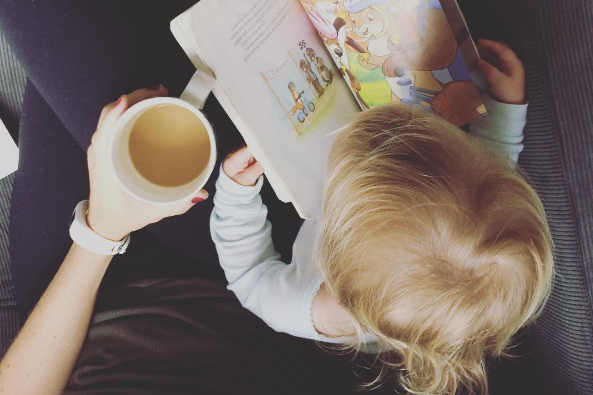
No matter where I live, my first ministry will be to teach my children to love God.
In a related manner, we are actively being tested to uphold a value we determined long before we moved overseas: Our family is our priority.
While we firmly believe that God comes first in each of our own lives, we don’t equate our love for God with our ministry work.
We see God’s gracious gift in each of our daughters, and understand the magnitude of the responsibility of raising them “in the discipline and instruction of the Lord” (Eph. 6:4). We see that He has given them to us, that there is much good work to do as parents, and we want to honor this calling placed upon our lives.
We also are passionate about the ministry God has sent us to be a part of and desire to work well for His glory. But to learn the language, disciple a national believer, teach a class and work with orphans to the neglect of these little ones God has given us would be a tragedy.
So, particularly while they are little, we are seeking to order our lives in a way that prioritizes their needs.
Pour on the love.
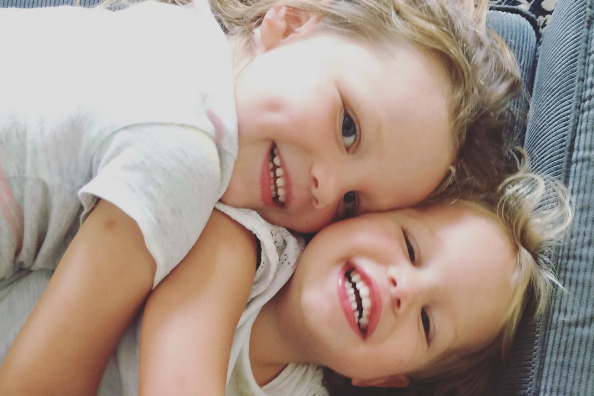
As we transition to a new life on the mission field together, the best thing we can do is keep loving each other.
Quite honestly, this has become our mantra through seasons of parenting, not just as we have transitioned our family overseas.
After hearing from a veteran and wise mother about the concept of “saturation love,” the Lord has reminded me at key moments in our parenting lives that perhaps the best thing to do for our kids is to pour on the love.
Scripture is full of references to God’s love as a place of safety, a place of security. Just as we are secure in our salvation through Christ because of God’s great love, so too will our children find earthly security as we love them – and keep loving.
Kids are bound to encounter a plethora of issues as they experience a huge transition –– some old and persistent, others fresh and new. We may be tempted to meet those issues with the same level of stringency as we would have before.
But I think of all the grace God has extended to us in our complicated, messy process of transitioning to a new culture on a new continent. And I want to extend this same grace to my kids, realizing they are experiencing much of the same things I am, with far fewer tools in their toolbox for handling it.
So we pour on the love. Pour on the love again. And keep pouring on the love.
After all, if our model is God’s love, how can we possibly give our children too much.

